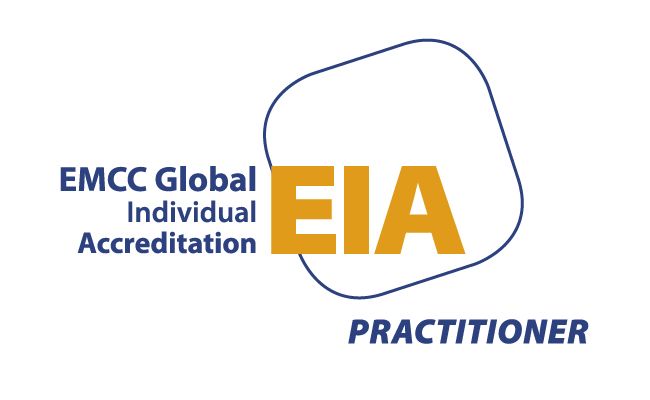Leaving a Legacy: It's in your hands
Barbra Carlisle • July 9, 2025
How everyday leadership leaves a mark

One of the names I thought about using for my podcast related to legacy- but on reflection I knew that people would be uncomfortable thinking that they were leaving a legacy. Sounds so grand. But we do leave a legacy, which we create and add to every day.
When we hear the word “legacy,” our minds often drift to grand, long-term achievements, think buildings named after someone, organisations reshaped, or books written. But in truth, your legacy isn’t something you build one day in the future. You’re creating it now. In every meeting, every decision, and every conversation.
Yet many leaders struggle to recognise that they’re already leaving a mark, whether they mean to or not.
Why Do Leaders Struggle With Legacy?
Partly, it’s to do with your mindset. We are wired to focus on outcomes, targets, and the next milestone. We don’t stop to think about how we get there, or who we bring with us.
There’s also humility at play. You may be thinking "Legacy? That’s not for me. I’m just trying to get through the day without cheesing too many people off."
But legacy isn’t about ego. It’s about impact. The energy you bring to the room. The way you treat people when they’re not in the room. The values you quietly reinforce by what you praise, tolerate, or ignore.
Everyday Marks of an Effective Leader
A legacy-minded leader isn’t one who waits to be remembered. They act with intention now. That might look like:
- Modelling integrity even when no one’s watching.
- Championing the quiet voices that others overlook.
- Creating psychological safety that allows others to thrive.
- Investing in people even when it feels quicker to just “do it yourself.”
- Leading with empathy, especially under pressure.
- Contributing to societal wellbeing through your actions in work, at home, and in your community.
These things often don’t make it onto the project plan. But they shape culture. They influence people’s confidence and courage. And they last far longer than a quarterly result.
A Gentle Prompt
Take a moment this week to ask yourself:
“If someone were to describe my leadership five years from now, what would I hope they say?”
Now bring that intention into the way you lead today. You’re already building your legacy one conversation at a time.




